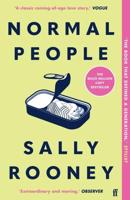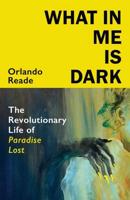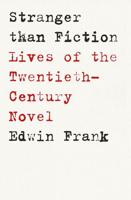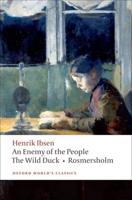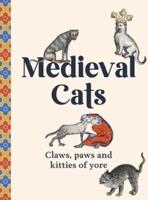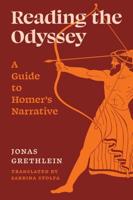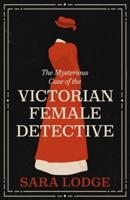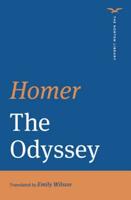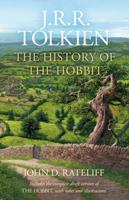Publisher's Synopsis
A RICHLY colored style, melodious and suggestive, is the outstanding feature of this volume. Professor at the University of Dublin, the author is not lacking in knowledge and penetration of his subject, but nothing could be less academic than his manner of approach. It is an impressionistic criticism that justifies itself by rising towards the level of the literature which it treats; it is an atmospheric mingling of the critical and the creative breath, a sympathetic interference in the personal records of poets from Ronsard to Verlaine.
Mr. Rudmose-Brown has an initial essay called "The Point of View," and here and elsewhere it is easy to perceive his likes and dislikes. The utilitarian and the didactic are suspect. "Art for art's sake" is an empty shibboleth; it should be "art for expression's sake," since the supreme compulsion on the poet is only to sing and "incidentally he makes beauty." Messages, mere sentimentalities and Utopias, the "howlings" of Rousseau and Diderot, are all proscribed. Evidently the writer shows prejudices and certain strange preferences, e. g., for the Abbe Delille; the argument is sometimes contradictory, "circular," or too sweeping. The whole age of Louis XIV is viewed as "pettily didactic," and if Racine escaped, it was because he alone was a great individual poet. Individuality, indeed, as contrasted with mediaeval anonymity, is made the keynote of the Renaissance, and so we have the abounding personality of a Ronsard.
The loves of the Pleiade and of the School of Lyons naturally fascinate this critic. We hear of the royal progress of Ronsard from the child Cassandre to the Helene of his old age. We see the fusion of sacred and profane love in Maurice de Sceve and the predominance of the pagan variety in the ardors of Louise Labe. Passing over into the eighteenth century-that of Fragonard and Parny, of Le Notre and the Abbe Delille-we are present at four stately scenes staged at Versailles, where light marquises trip it on red heels and the beribboned shepherd's crook lends its note of absurd knowing simplicity. Even in latter-day Leconte de Lisle, Mr. Rudmose-Brown will not contemplate the wearied thinker nor the impassive painter of animals and the secular procession of the creeds; the elegiac and early emotional side is preferred. Such are, of course, the elements emphasized (partly by a collaborator of the author) in the study of Paul Verlaine, that "perverted Pierrot," that child haunted by the two nostalgias for the clay and for the sky. Finally, the two American-born French poets, Stuart Merrill and Viele-Griffin, are rendered still more impressionistically, mainly from the standpoint of personal friendship. The former has his Apologia as a Decadent, poetically speaking, and particularly as a deliberate vagabond out of tune with the times."

